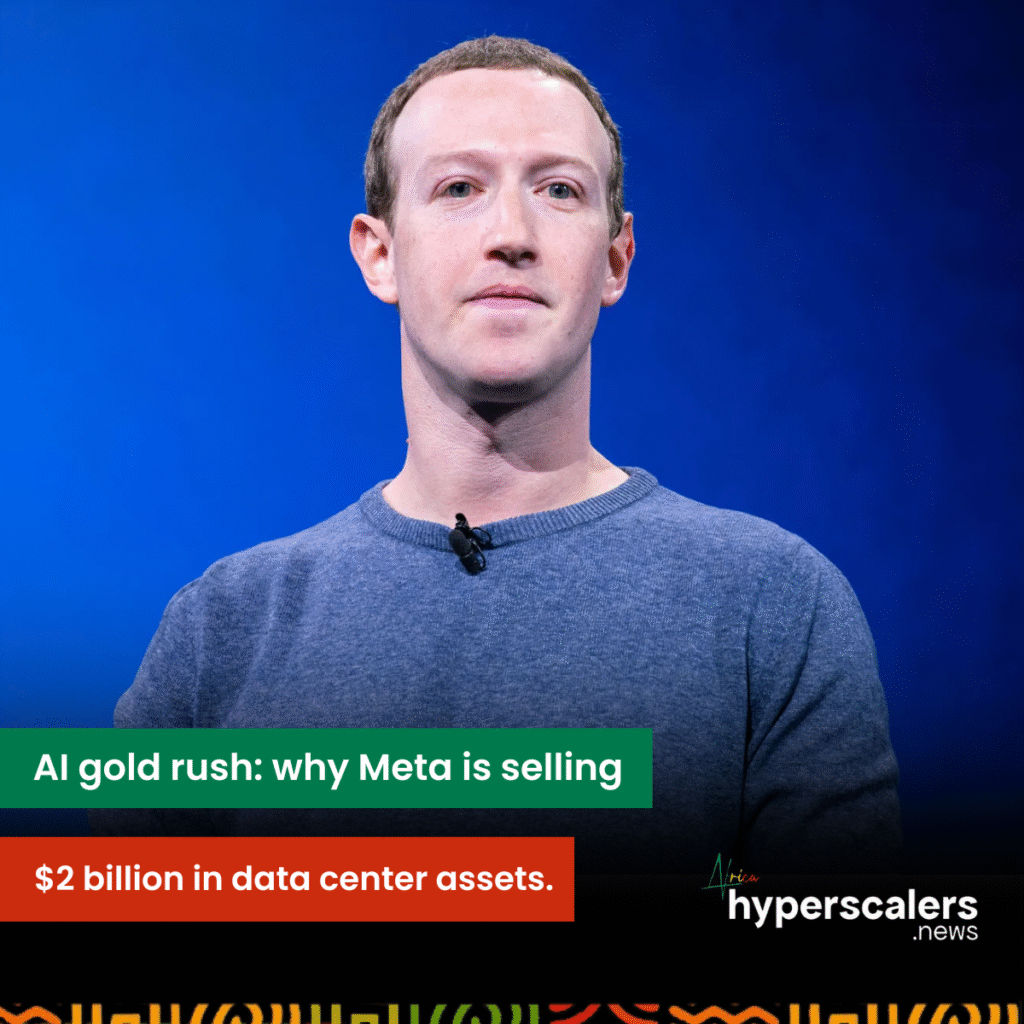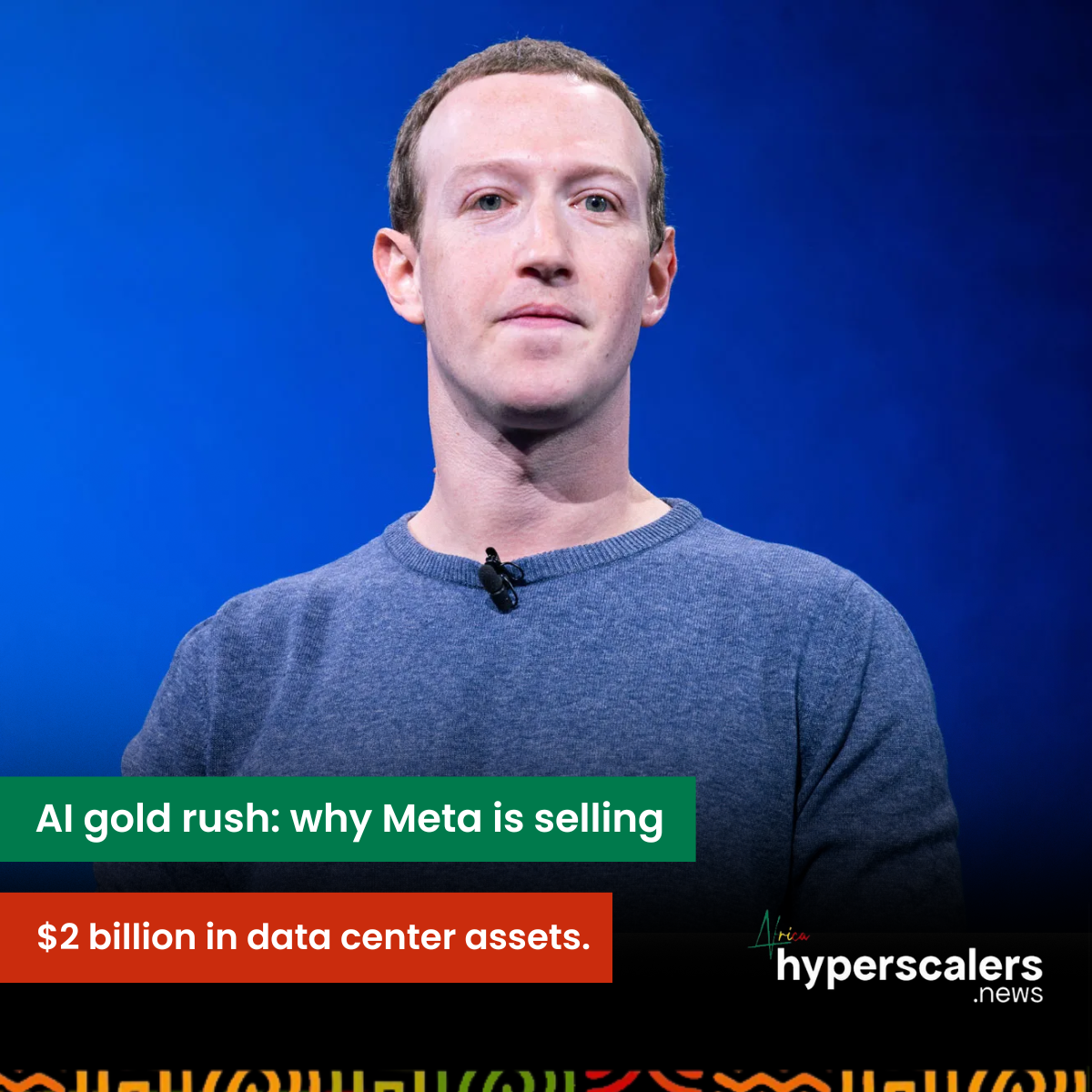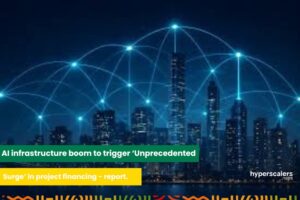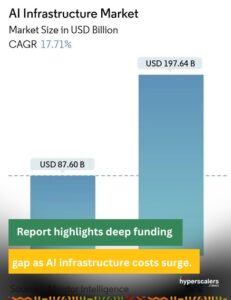For anyone in tech, the phrase “data center” often conjures images of endless server racks, humming machinery, and colossal power consumption. But what if one of the world’s leading tech giants is fundamentally rethinking this physical backbone of the digital age? Meta, the parent company of Facebook and Instagram, is doing just that, embarking on a strategic divestment of a significant chunk of its in-development data center portfolio, reclassifying a staggering $2.04 billion in assets as “held-for-sale” as of early June 2025. For Meta and its ambitions to lead the world in artificial intelligence, this isn’t a retreat; it’s a calculated repositioning for an AI-powered future that demands infrastructure on an unprecedented scale.
At first glance, offloading billions in data center assets might seem counterintuitive for a company known for its insatiable demand for computational power. However, Meta’s SEC filings shed light on the move: “These assets mostly consisted of construction in progress and land, which are reported at the lower of their carrying amounts or fair values less costs to sell.”
The assets, expected to be offloaded within the next 12 months, are likely destined for co-development partnerships with third parties. While Meta remains tight-lipped on specific locations or potential buyers, industry whispers suggest a shrewd strategy: lease-back agreements. This would allow Meta to leverage external capital for construction while maintaining operational control once these facilities are complete – a win-win in the high-stakes game of AI infrastructure.
What does this mean for the digital space?
The real headline, however, lies in Meta’s aggressive AI ambitions. CEO Mark Zuckerberg himself revealed in July that the company is poised to invest “hundreds of billions of dollars” in AI-focused data center infrastructure. To underscore the monumental scale, he introduced names like “Prometheus” and “Hyperion” for their upcoming “multi-gigawatt clusters.” Prometheus, the first of these titans, is set to come online in 2026, while Hyperion is designed to scale up to an astonishing 5GW over several years. As Zuckerberg vividly put it, “Just one of these covers a significant part of the footprint of Manhattan.” For tech enthusiasts, this signals the reshaping of physical space to power the next generation of intelligence.
This is the financial fueling of the future!
Funding such an aggressive, colossal expansion requires more than internal capital. Meta is reportedly in talks with financial heavyweights including Apollo Global Management, KKR, Brookfield, Carlyle, and Pimco for a $29 billion development partnership. CFO Susan Li confirmed this during a recent earnings call, emphasizing that while Meta intends to finance much of this expansion internally, they are “exploring ways to work with financial partners to co-develop data centers.” This signals a new era of collaboration in hyperscale infrastructure, where the traditional self-funded model is evolving to meet unprecedented demands.

The urgency of Meta’s AI build-out is so intense that, in some instances, they’ve resorted to deploying IT hardware in large temporary tents. This speaks volumes about the speed and dynamism required to keep pace with the relentless march of AI development. It’s a testament to a company pushing the boundaries, not just in AI models but in the very physical architecture that supports them.
For digital professionals, this is more than just a business story; it’s a front-row seat to a paradigm shift. Meta’s strategic divestment and aggressive AI infrastructure build-out highlight the immense capital, innovative engineering, and collaborative spirit required to power the future of artificial intelligence.
Africa’s Opportunity in the AI Gold Rush
While Meta’s reshuffle may seem like a Silicon Valley story, its ripple effects extend globally, especially to emerging digital frontiers like Africa. As global hyperscalers seek capital-efficient models and regional redundancy, markets with untapped land, renewable energy potential, and rising AI ambitions are suddenly in sharper focus. For Africa, this is more than a moment – it’s a window. The continent’s underbuilt infrastructure makes it a fertile ground for AI-aligned data center growth, local compute zones, and sovereign cloud strategies. From Lagos to Nairobi and Kigali to Accra, governments and operators now have a rare chance to attract AI-driven investment; only if they can offer speed, power, and regulatory clarity.
For African policymakers and digital economy leaders, it is no longer just a conversation about bandwidth or cloud infrastructure; it’s about who will power the next era of intelligence, and where. Creating an enabling policy and regulatory environment will be critical to attracting the capital, partnerships, and hyperscale infrastructure needed to position Africa as a viable node in the global AI ecosystem.
Ready to dive deeper into the hyperscale revolution impacting Africa?
READ MORE HERE: www.africa.hyperscalers.news
Contact Us:
Email: projects@hyperscalers.news
Phone: +2348109003350
Follow us on Social Media: Instagram, Facebook, LinkedIn, x





